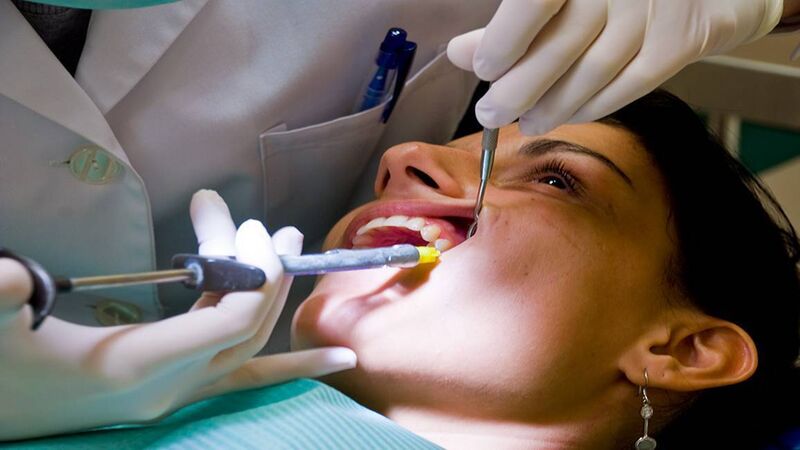New courses planned to meet demand for vets, dentists, nurses, pharmacists and doctors

The Irish Dental Association estimates 'we need 500 graduate dentists per annum to meet the needs of rising population and to replace retiring dentists'.
Colleges are hoping to set up new courses or expand as soon as possible in response to staff shortages of vets, dentists, nurses, pharmacists, and doctors.
Twenty colleges have proposed to deliver new courses by as soon as 2024, and 19 are seeking to expand their offerings in response to a call from the Higher Education Authority (HEA) to build capacity in dentistry, nursing, medicine, pharmacy and veterinary.










